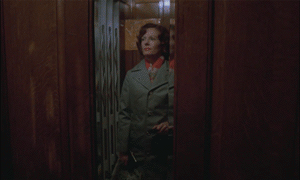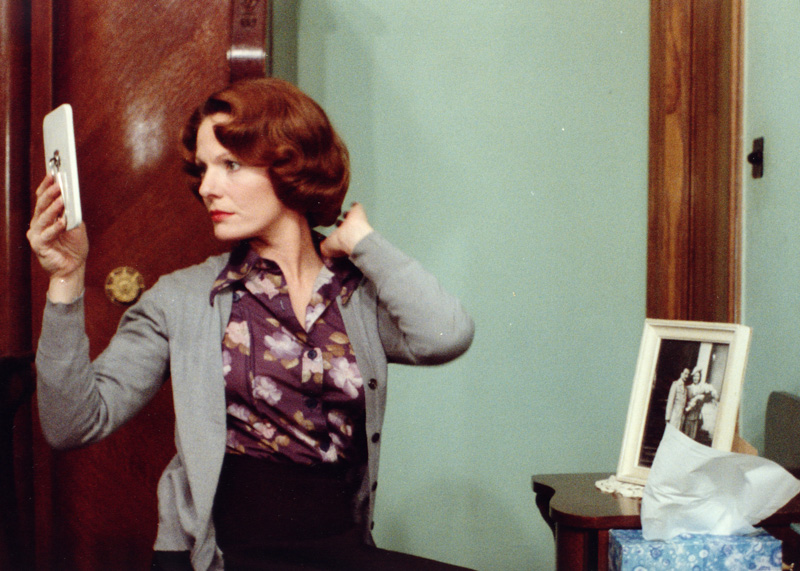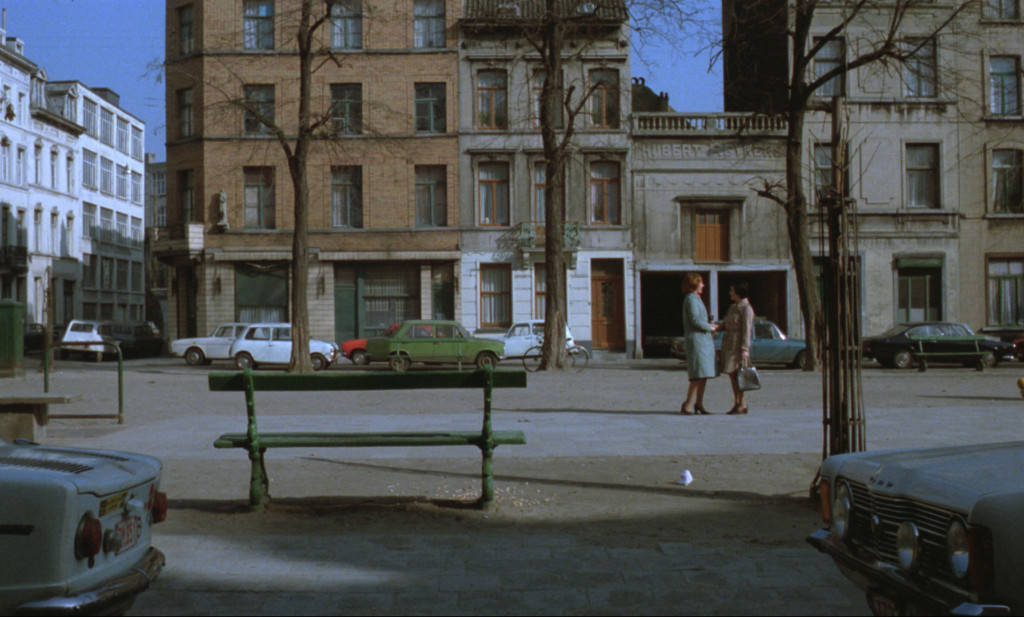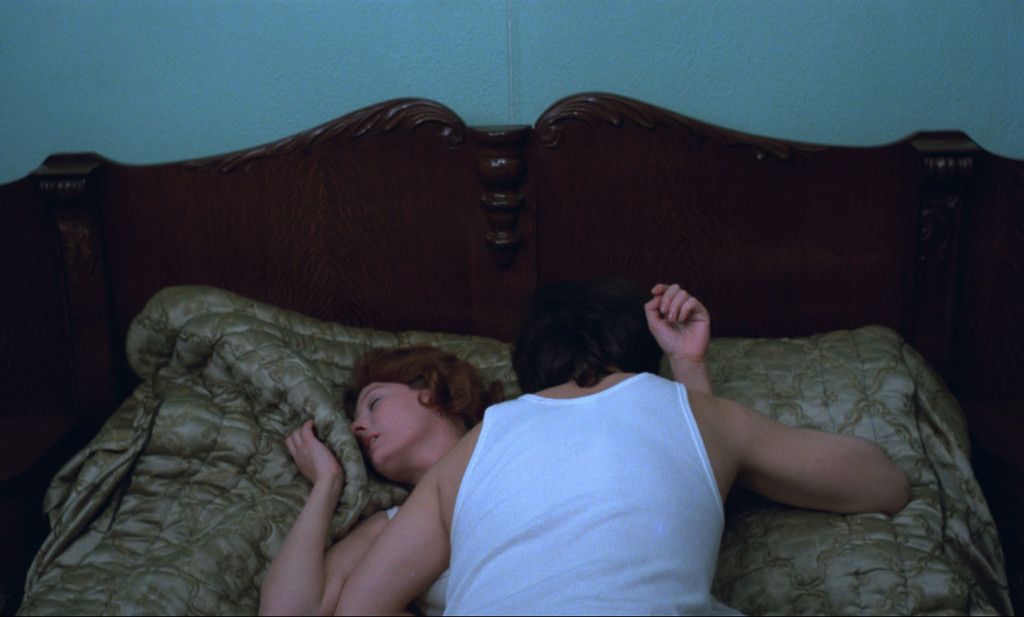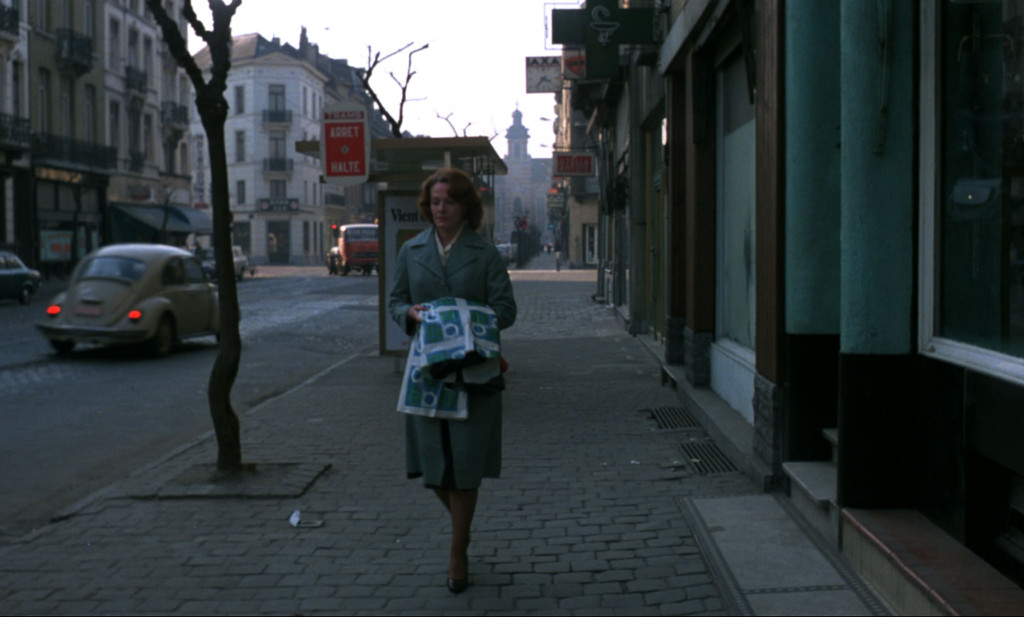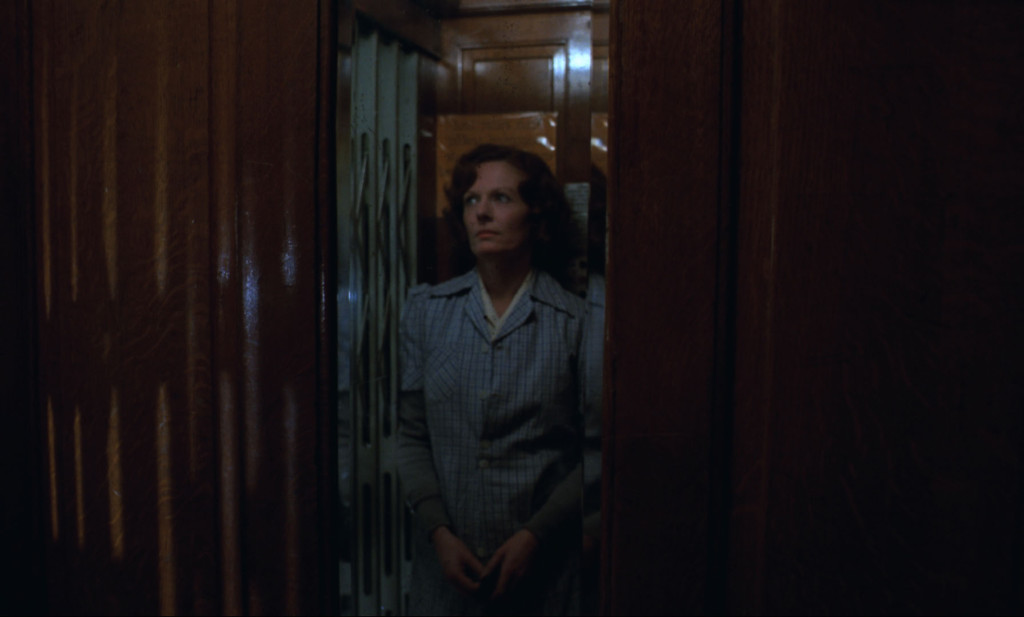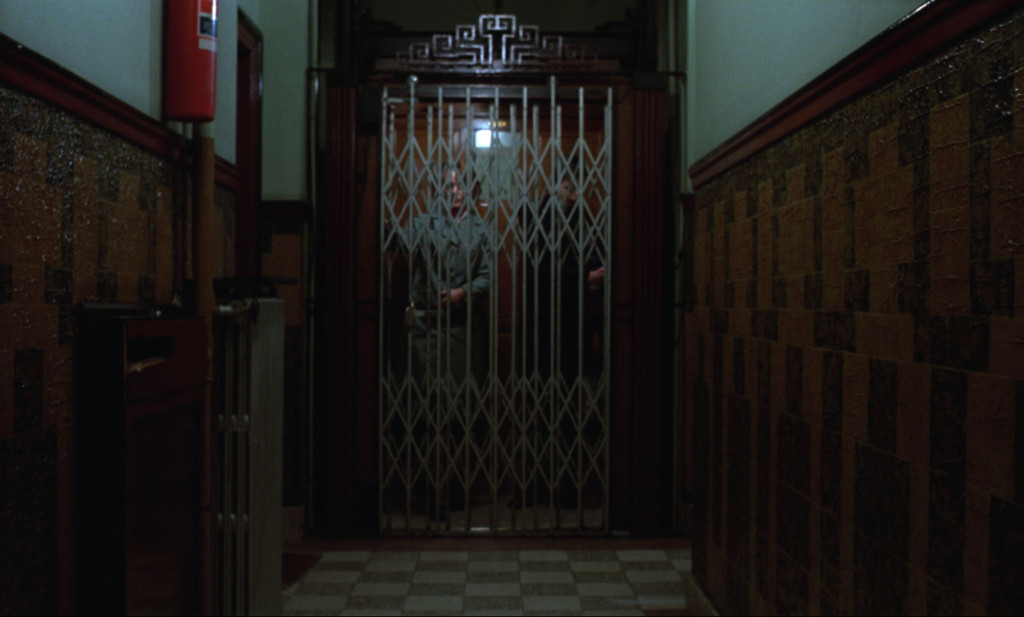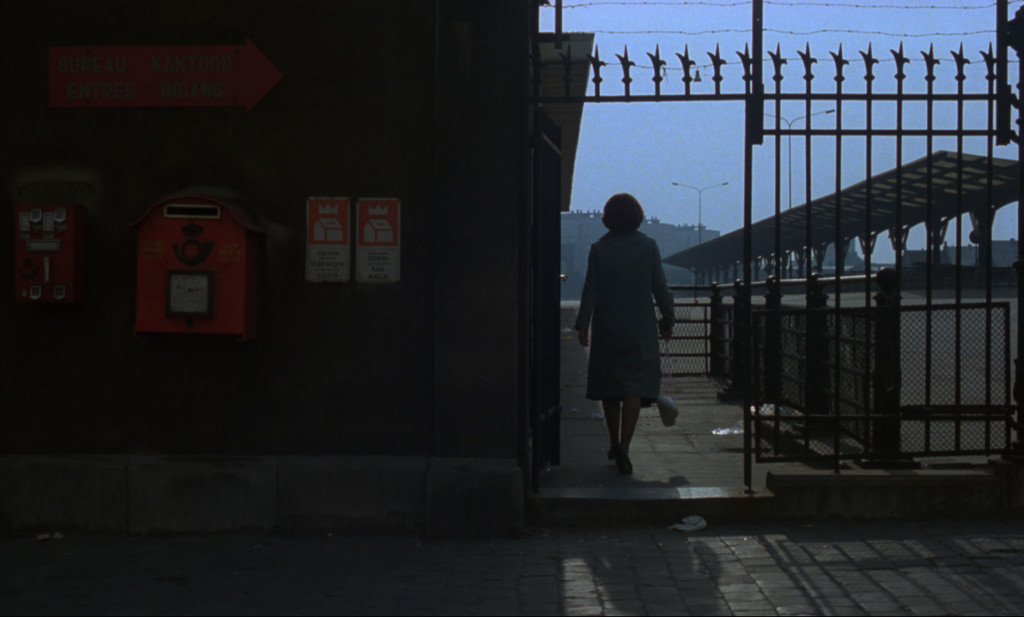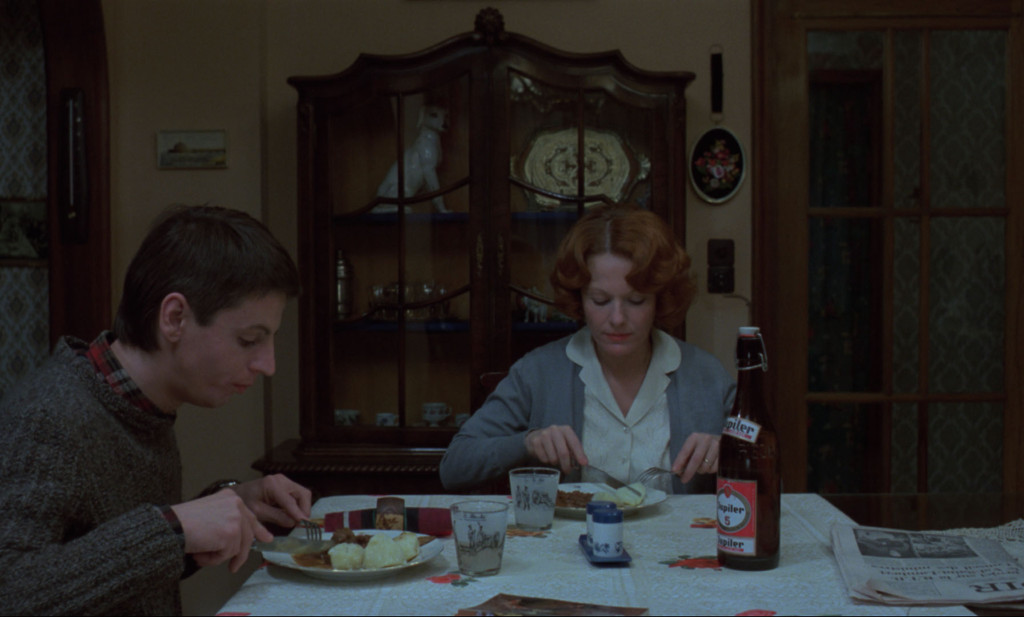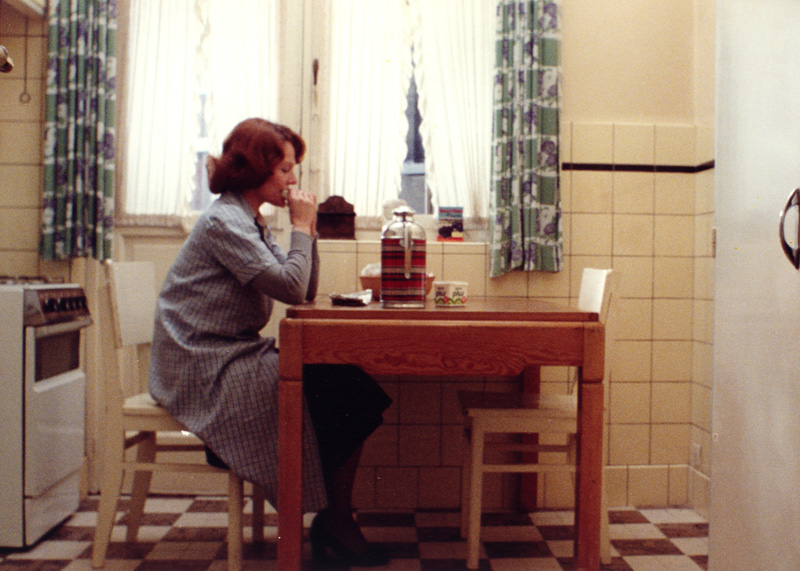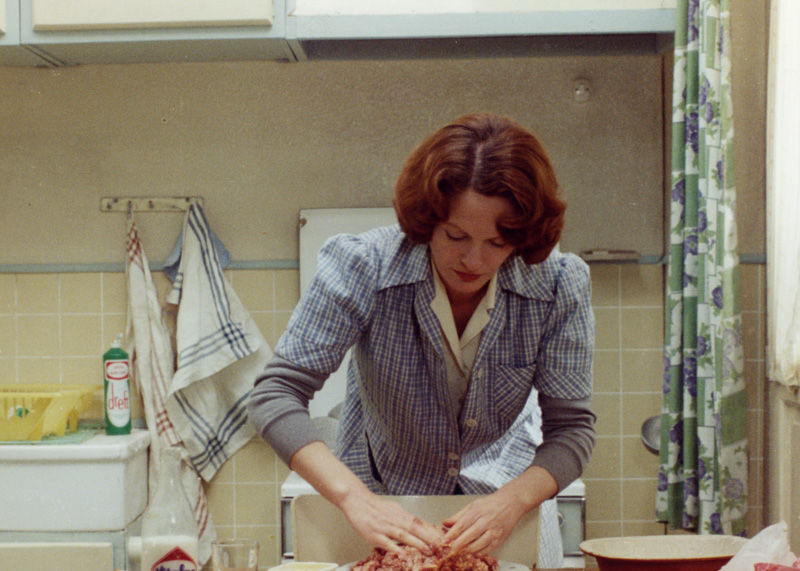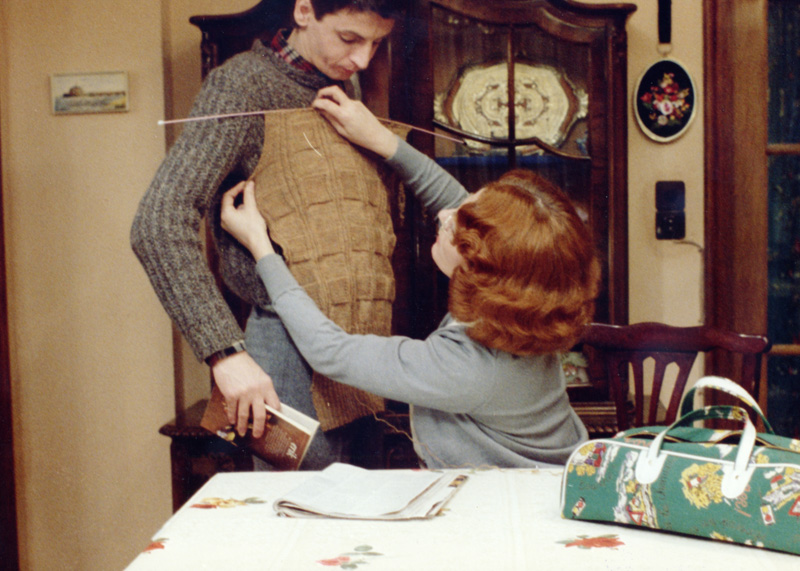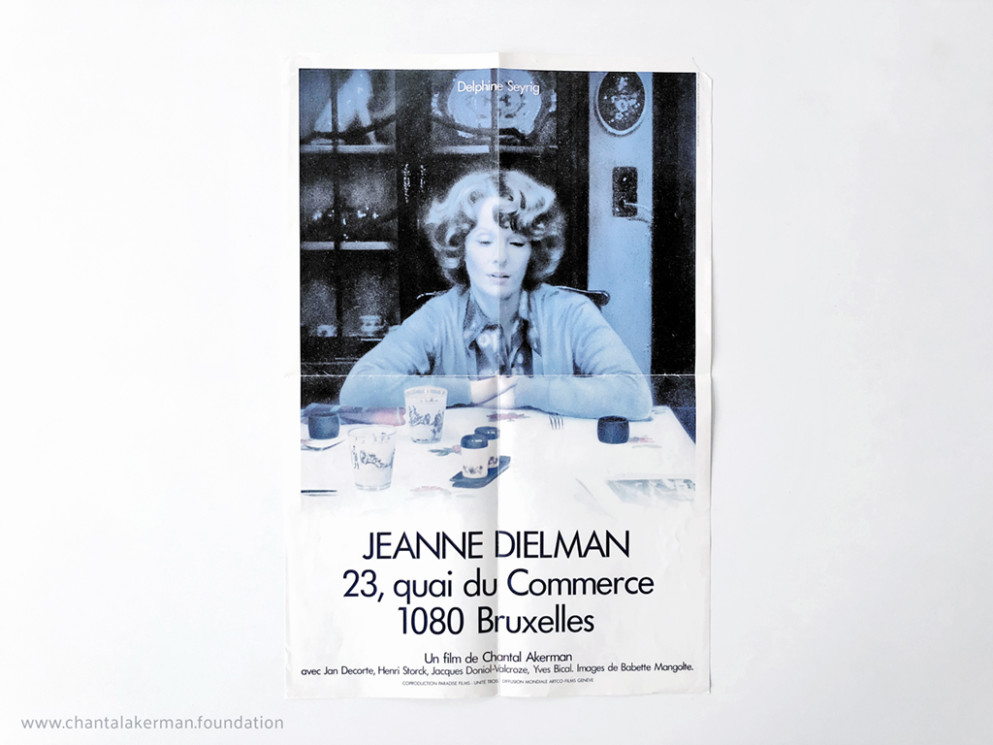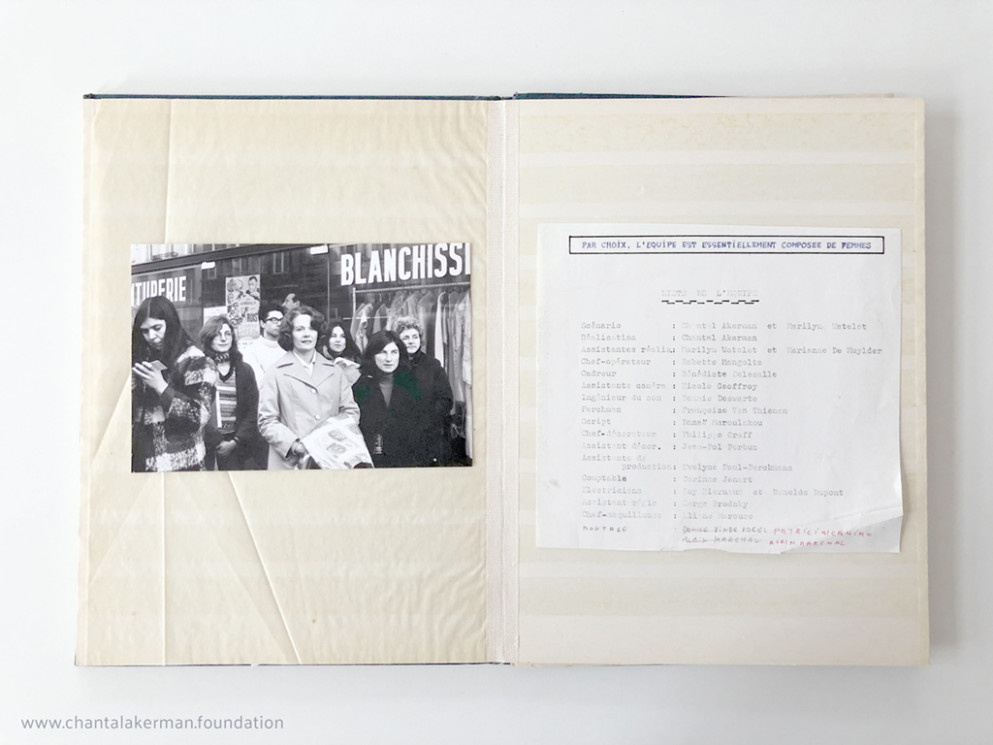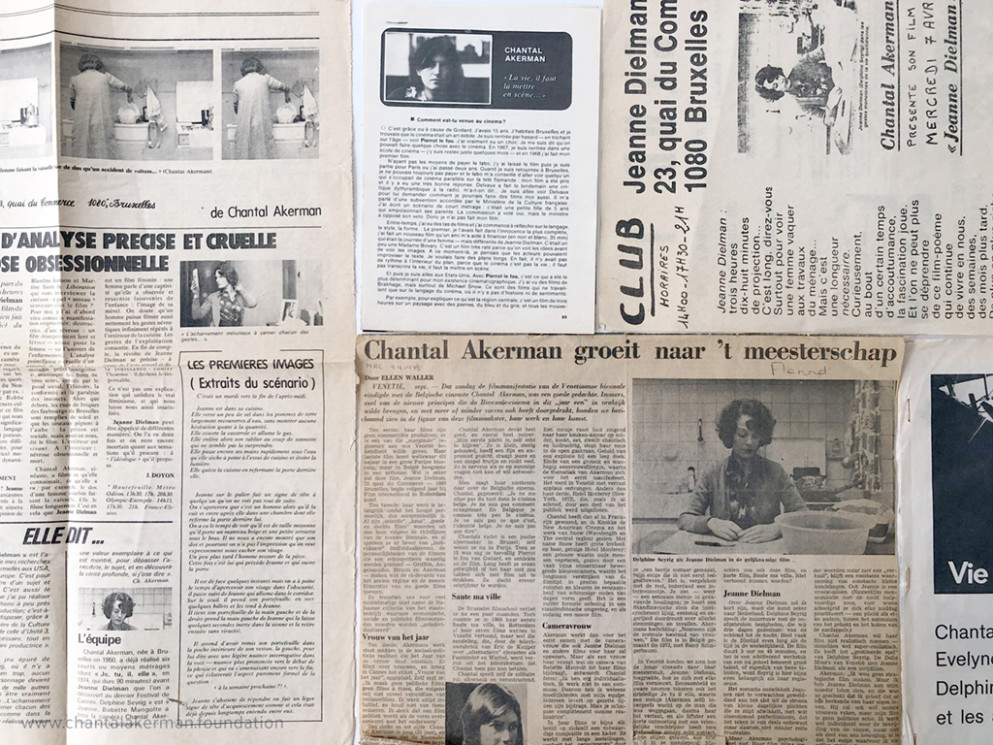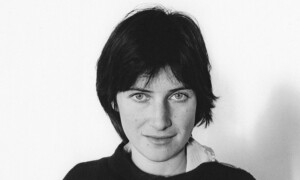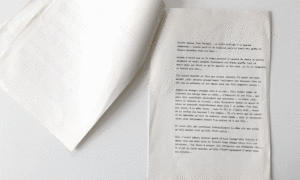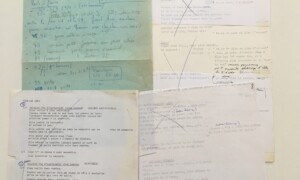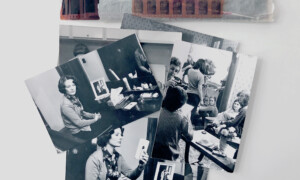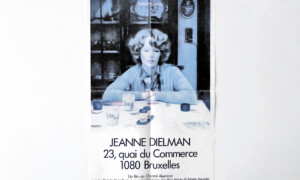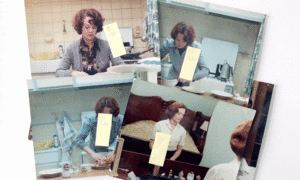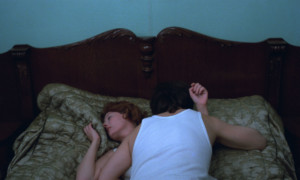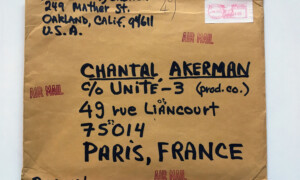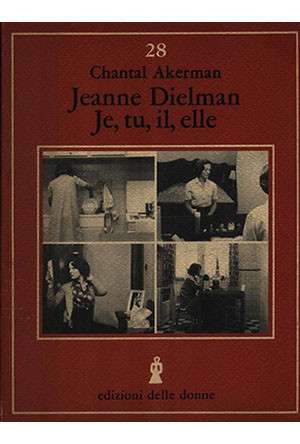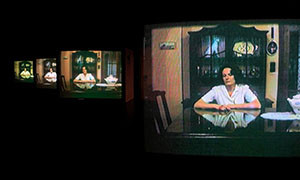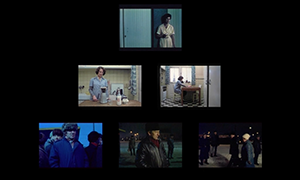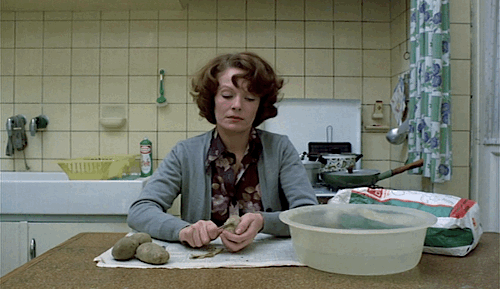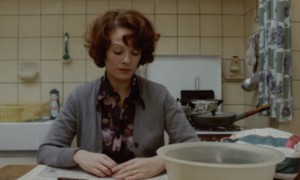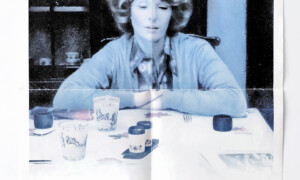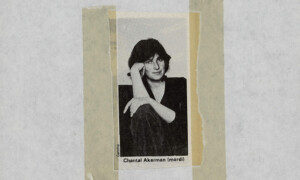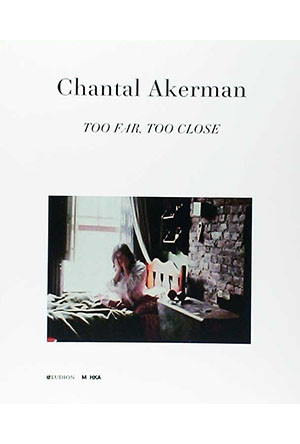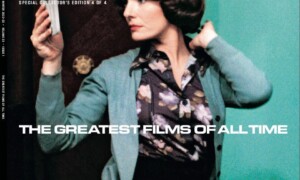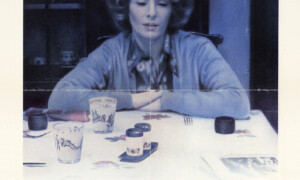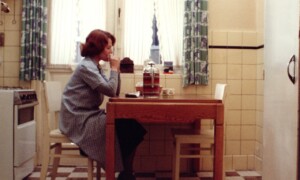The woman is Delphine Seyrig, the ethereal, almost unreally beautiful, endlessly sophisticated cinephiles’ icon, unforgettable in so many films like L’année dernière à Marienbad, Basiers volés, Peau d’âne, Le charme discret de la bourgeoisie. Perfect anti-casting as a middle-aged prostitute one would think, but in fact absolutely splendid in a role she insisted to play – “with her, says Akerman, Jeanne came out of the screen”. Behind the camera is Chantal Akerman with her unique uncompromising style (unforgettable, perfectly framed and timed long shots, a camera fixed like a bas-relief… everything is absolutely perfect), supported by one of the best cinematographers of the time, Babette Mangolte. Together they produced a carefully constructed universe of colors (those greens, those blues, those browns!) and deep shadows that succeed in being beautiful and agonizing at the same time.
“I understood the importance of the film many months after finishing it. In the beginning I thought I was just telling three days in the life of a woman, later I realized that it was a film about the occupation of time, about anguish: doing things in order not to think about the fundamental problem, that of being”. So speaks Akerman about a film that at its première in Cannes in 1975 became immediately one of the cornerstones of the cinema of the Seventies. To write that Jeanne Dielmanis a seminal masterpiece is an understatement. Shown in festivals, cineclubs and Universities across the world, it had an unparalleled influence on filmmaking, as it shifted the barycenter of cinema to gestures and time, and more importantly, to the time in-between, that non-time that cinema had never shown before. In an interview from 1976, Chantal Akerman told that her mother once commented: “Chantal, in the shot with the potatoes, there is everything.” – an insightful remark: the whole film and its importance lie there, as it does, in a way, a great part of Akerman’s work. Essentially, that shot re-defined what cinema is, and what it is about, once and for all.
Recently, very few prints of Jeanne Dielman were available, often in mediocre conditions, hence the need to restore the film. The restoration, carried out from the original camera negative and in close collaboration with Akerman, is also part of a broader project by the Cinémathèque royale to restore all of Chantal Akerman’s films.
Available to stream on
